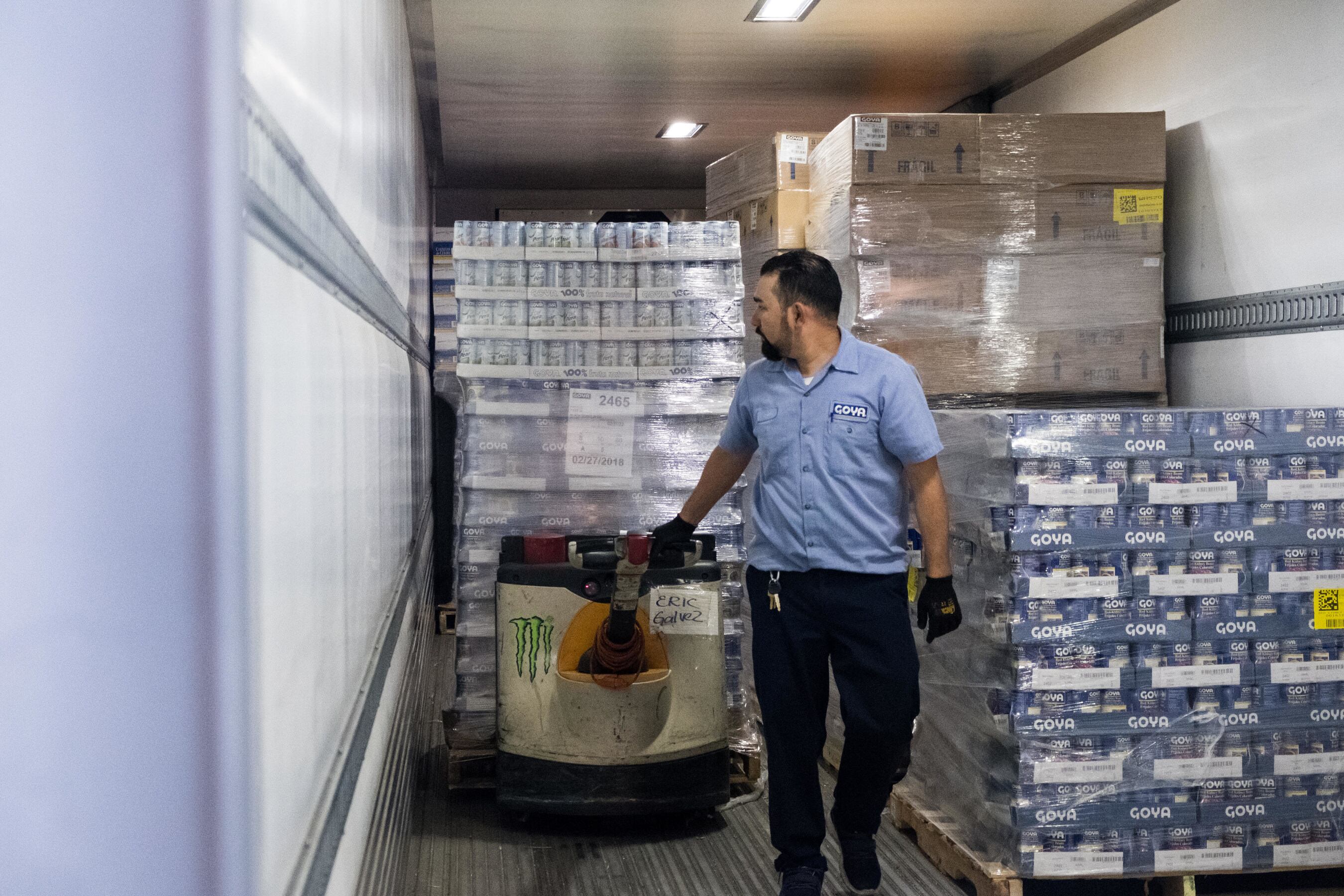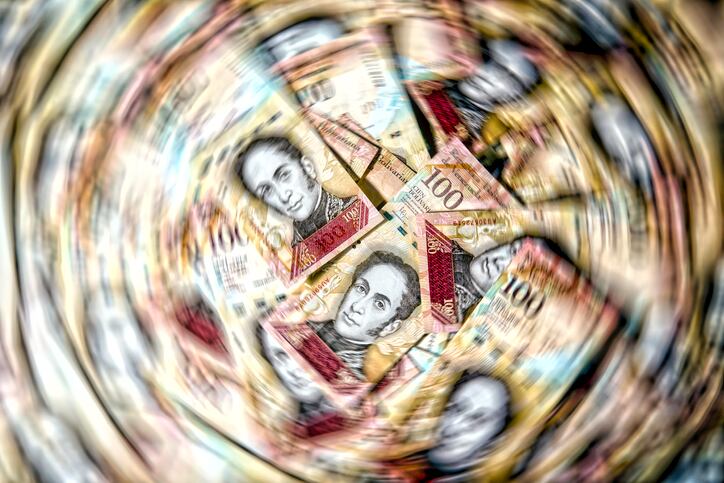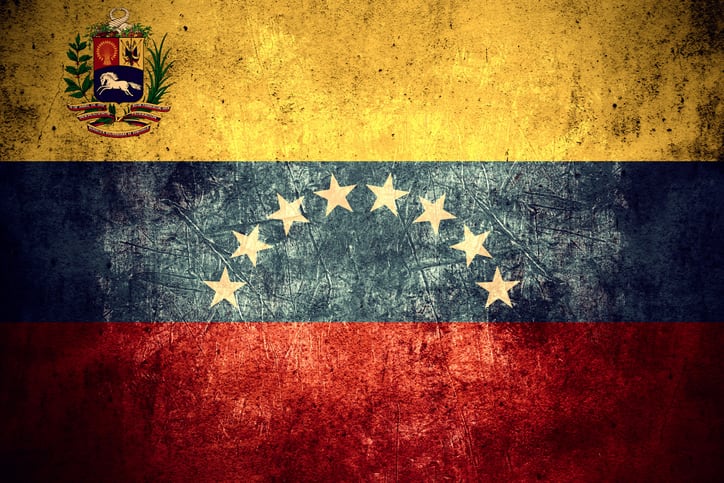Goya Foods, which manufactures and distributes Latino foods in the US, said it would work with the US government to coordinate the delivery of 200 metric tons of black beans (caraotas negras).
The beans are “a Venezuelan staple”, it said.
The truckload will leave Goya's facility in Houston, Texas and travel to Colombia before attempting to cross the border into Venezuela.

Bob Unanue, president of Goya Foods, said the company was uniting with the people of Venezuela to bring nourishing food during "a time of desperate need".
“I commend the support of the United States and other countries, private and public entities, and individuals who are also working diligently to ensure that the people of Venezuela receive food, water, and aid," he said.
The company told FoodNavigator it was currently working on coordinating the product donation and waiting to hear back on next steps.
Whether Goya’s aid will arrive, however, is uncertain. President Nicolas Maduro’s government has been blocking foreign humanitarian aid from entering the country, a decision that has sparked international outcry.
The United Nations’ political and peacebuilding chief, Rosemary DiCarlo, told the UN security council this week that aid from the US and other countries is being stockpiled at the Colombian and Brazilian borders.
Shipments of humanitarian aid from countries that remain loyal to Maduro’s government, such as China and Russia, have been allowed to enter.
Addressing the security council at the same UN meeting, the US special representative for Venezuela, Elliot Abrams, accused Maduro of preferring to “block and burn donated medicine and bread than see it in the hands of Venezuelan children”.
A humanitarian crisis

In 2001, oil-rich Venezuela was considered the richest country on the Latin American continent, according to the World Economic Forum.
However, government mismanagement, state controls over the price of basic goods and spiraling hyperinflation that has left the bolivar worthless, have transformed the country's economic crisis into a humanitarian one, with food and medicine supplies now at critically low levels.
Last year, the United Nations Children’s Fund (UNICEF) said non-official studies indicated child malnutrition rates were as high as 15.5%, with an additional 20% of children at risk of malnutrition.
According to DiCarlo, infant mortality in Venezuela has soared by around 50% during the political and economic crisis and hospital stocks of medicine have fallen to just 20% of the required level, she warned.
Multinationals leave the country
The crisis has also affected multinationals with operations in the country.
In September last year, paper packaging company Smurfit Kappa, which had a presence in Venezuela for 65 years, wrote down its net assets by €60 million after the government seized its factory in August.
In 2018, following an announcement by cereal manufacturer Kellogg that it would close its factory in Maracaya, the government seized the plant.
Maduro said at the time Kellogg’s decision to close the factory was “absolutely unconstitutional and illegal”, adding that the state would re-open to begin “producing with the industrial working class”.
Venezuela was the Kellogg’s second largest market in Latin America after Mexico.
In 2016, General Mills sold its business in the country to private investment firm Lengfeld while Coca-Cola, Harvest Natural Resources, Bridgestone, Clorox, and Colgate have also left the country.

